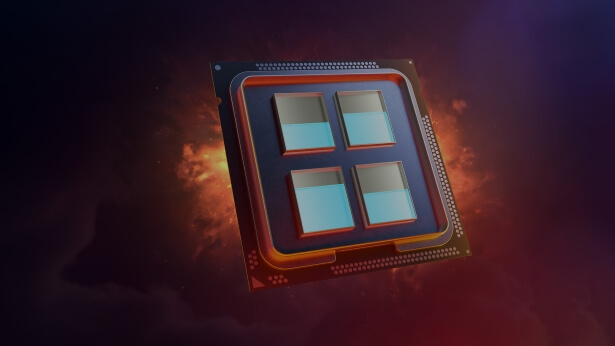Originally posted by M@GOid
View Post
:-/
So, now the only question is whether you need the extra capabilities enough to justify the price.


Comment